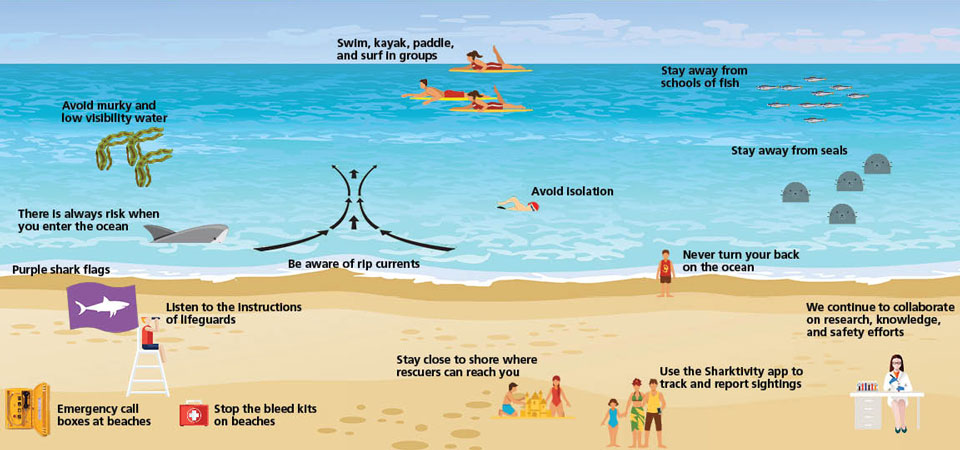News Release

NPS Image
|
Subscribe
|
Contact: Brian Carlstrom
WELLFLEET, Mass – Cape Cod National Seashore Superintendent Brian Carlstrom, in collaboration with Outer Cape towns, recently held a media briefing to outline joint education efforts to promote safety and awareness for the public to recreate responsibly when enjoying the national seashore and other Outer Cape beaches.
“Just as we did last summer and every summer, we will continue to provide public access and do our best to educate the public about how to safely recreate, while reminding them of regular safety precautions they need to take when visiting the wild and wonderful beaches on the Outer Cape,” said Cape Cod National Seashore Superintendent Brian Carlstrom. “I want to thank all the town managers on the Outer Cape for their continued commitment to working together to help the public recreate responsibly.”
The unique coastline of Outer Cape Cod is dynamic and changes from year to year. The tides, wind, and waves all influence sediment transport that causes coastline erosion and accretion. In addition, seals and sharks have become more prominent on the Outer Cape, presenting additional challenges to public safety at the beach. It is imperative to understand that with coastline topography changes and sharks and seals in the ocean, any level of activity, whether wading, swimming, or surfing will pose a different degree of risk. Everyone going into the ocean should exercise caution and be willing to assume the level of risk associated with their behavior. Modifying human behavior is the most effective form of ocean safety.
The Regional Shark Working Group (RSWG), established in 2012, will continue to meet and share information to enhance public education and shark safety awareness at Outer/Lower Cape beaches. Public safety managers at Cape Cod National Seashore and from the towns of Provincetown, Truro, Wellfleet, Eastham, Orleans, and Chatham will also continue to monitor beach activity and encourage safe behavior.www.nps.gov
Standard Safety Precautions
Be Shark Smart. Currently, there is no single alternative or suite of alternatives that can 100% guarantee the safety of individuals who choose to the enter the water.
-
Look for products developed by the Regional Shark Working Group to increase public awareness and safety, including beach signage, brochures, purple shark flags, the Sharktivity app, and a “shark smart” video.
-
Stay away from seals and schools of fish, as they attract sharks.
-
Use the Sharktivity app to track and report shark sightings
-
Know the location of the emergency call box and Stop the Bleed kits at your beach.
Ocean Safety Basics
-
Never turn your back to the ocean.
-
Never swim alone. Swim, kayak, paddle, and surf in groups.
-
Avoid murky and low visibility water.
-
Lifeguards are on duty mid-June through mid-September.
-
Stay close to the shore where rescuers could reach you if needed.
-
Ocean water temperature averages between 60-70 degrees throughout the summer.
-
Be alert for rip currents, shore break, and strong undertows.
-
If caught in a rip current:
-
Remain calm to conserve energy and think clearly.
-
Don't fight the current. Swim out of the current in a direction parallel to the shoreline.
-
When out of the current, swim towards the shore.
-
If you cannot swim out of the current, float or calmly tread water.
-
If you cannot reach the shore, draw attention to yourself - wave your arms and yell for help.
-
If you see someone in trouble - get help from a lifeguard. If there is no lifeguard on duty, call 911.
-
Beach Safety Basics
-
Wear sun protection.
-
Glass containers are not allowed on national seashore beaches.
-
Rafts, rubber tubes, masks, and snorkels are not allowed on lifeguarded beaches.
-
Sand collapses easily. Undercut cliffs can collapse at any time without warning. Deep holes can lead to burial and suffocation. Do not climb slopes and dunes or dig holes deeper than knee level of the smallest person in your group.
Last updated: June 30, 2021
